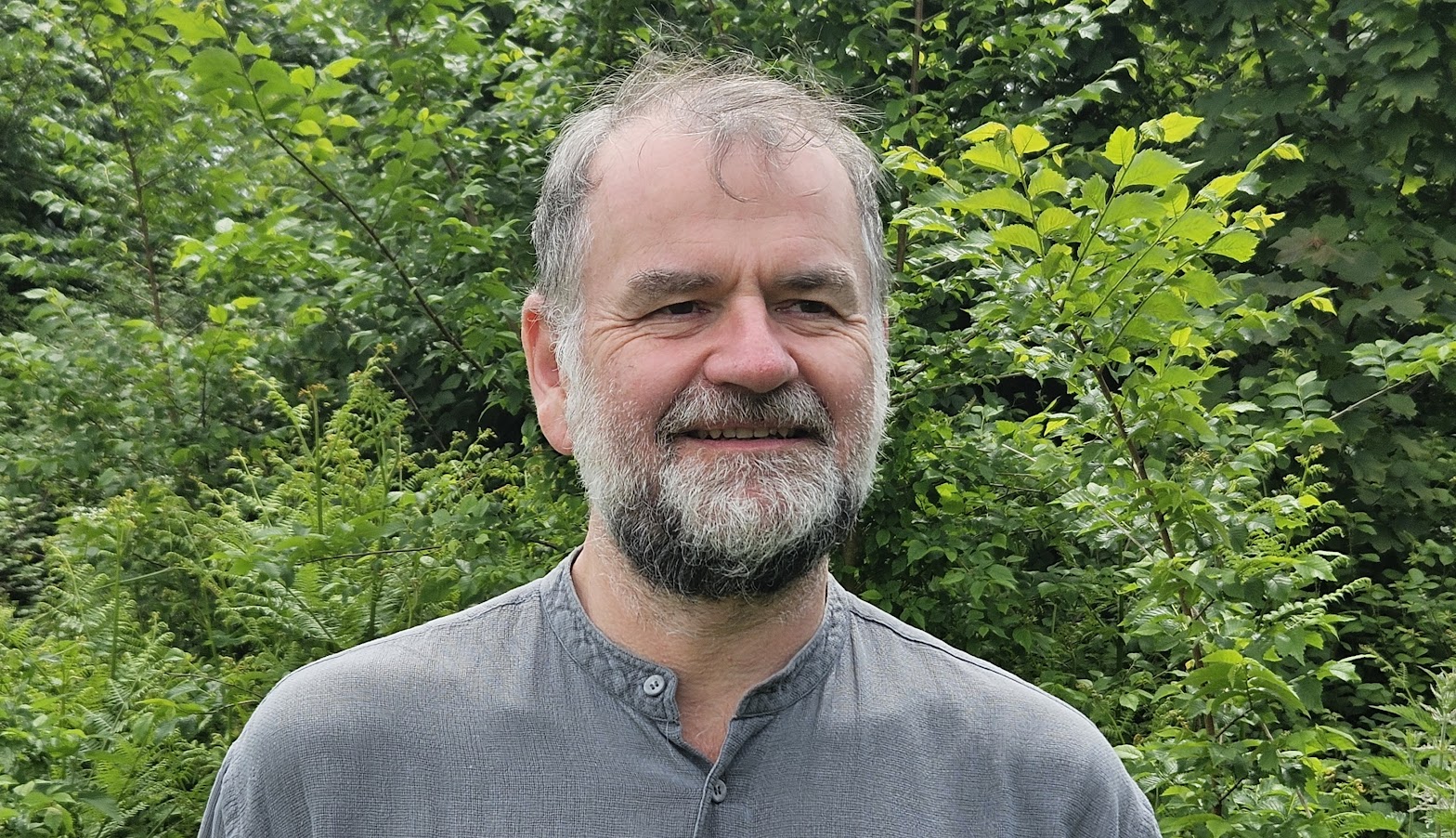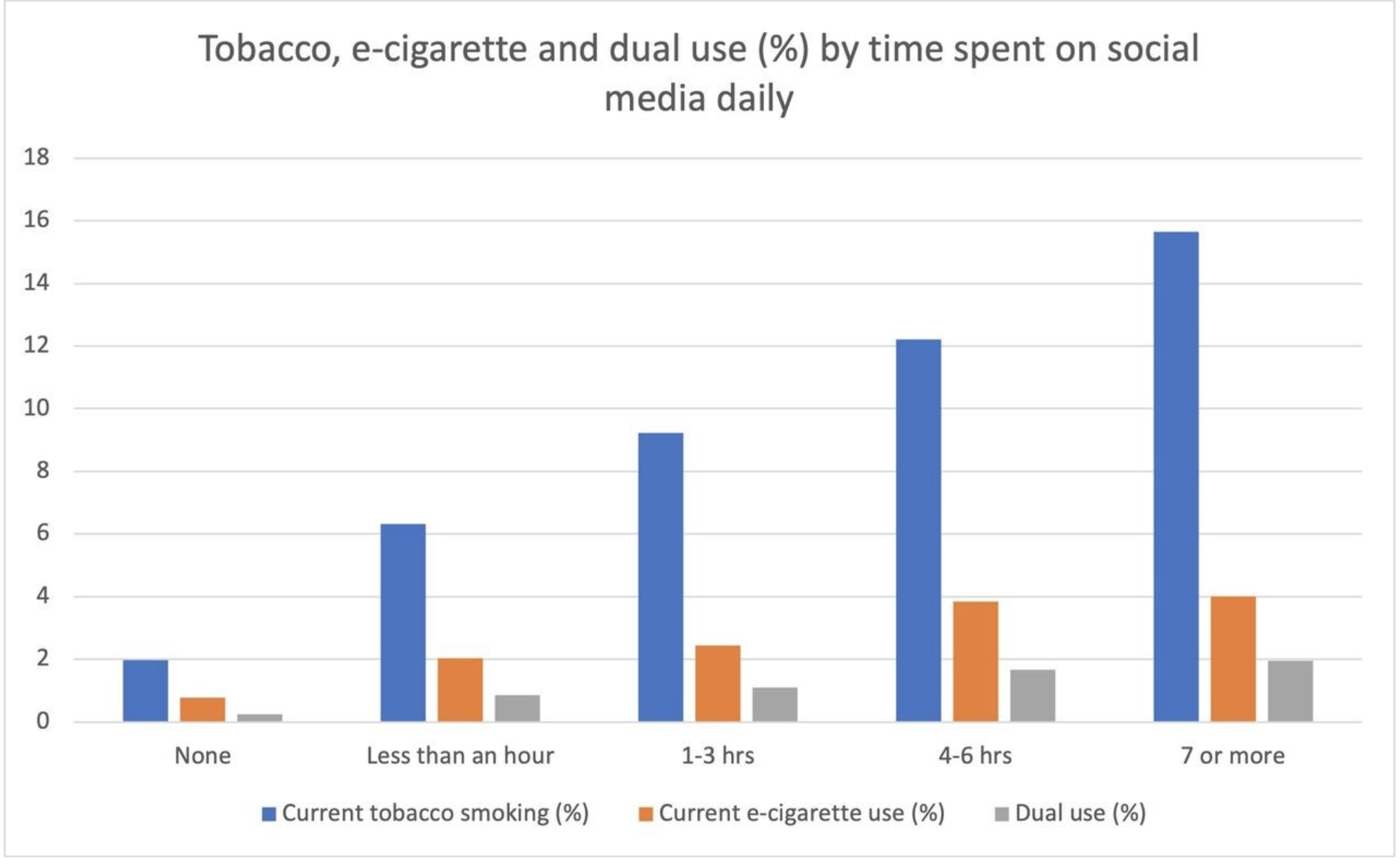 The path to a smokefree generation demands decisive action and innovative strategies. To mark World No Tobacco Day, Professor Nick Hopkinson from the National Heart & Lung Institute (NHLI) offers his insights, drawing on years of dedicated research to suggest ways in which we can achieve this.
The path to a smokefree generation demands decisive action and innovative strategies. To mark World No Tobacco Day, Professor Nick Hopkinson from the National Heart & Lung Institute (NHLI) offers his insights, drawing on years of dedicated research to suggest ways in which we can achieve this.
Smoking is the leading preventable cause of premature disability and death; two out of three people who continue to smoke will die from a smoking-related disease. Ending this requires two things: First, ensuring that people don’t start to smoke in the first place; and second, supporting the more than six million people in the UK who still smoke to quit.
‘Stopping the start’ involves making smoking less appealing,less affordable, and less available to children and young people. A key step to creating a smokefree generation will be steadily raising the age of sale, ensuring that tobacco products can never legally be sold to people born on or after 1 January 2009. The General Election has paused the progress of this legislation, but the policy has enjoyed cross-party support, so is almost certain to become law. We can be confident that it will be effective – youth smoking rates fell when the age of sale in the UK was increased from 16 to 18 in 2007, and similarly where it has been increased to 21 in the US. The year-on-year increase will also prevent the tobacco industry from addicting people later in life.
Other steps are needed too. There is extensive evidence that the tobacco industry is using social media platforms to hook new victims, and we have demonstrated a clear association between time spent on social media and rates of smoking and vaping in children and young people.

Although currently paused, a reintroduced Tobacco and Vapes Bill would also give the next Government powers to protect children by further regulating marketing and packaging of products. Placing a tax on vapes will also stop them being available at pocket money prices, and put them within the Excise Movement and Control system (a computerised system for the monitoring and controlling of excise goods such as tobacco and alcohol products in the EU) bringing Border Force and HMRC into the picture.
The next big step should involve implementing a polluter pays levy on tobacco industry profits. Currently, the industry reaps profits exceeding 50% from sales in the UK, a figure that should be capped at 10%. This measure would funnel around £700 million annually into the Department of Health.
What about support to quit? The good news is that NICE has now approved cytisine, a smoking cessation medication with similar action and effectiveness to varenicline (Champix). Champix has been unavailable in the UK for several yearsbecause of manufacturing problems. Although a generic version of varenicline is now being manufactured it is still not available here. Hopefully, cytisine will be on formularies soon to help fill this gap.
One key area for smoking cessation within the NHS is the Targeted Lung Health Check programme, which uses CT screening to try to identify early lung cancer at a curable stage. This provides a teachable moment for smokers and evidence from the QuLIT trials shows that delivering immediate smoking cessation support as part of the programme is effective. Modelling suggests that incorporating smoking cessation, will roughly halve the cost per quality adjusted life year (QALY) of the screening programme.
Latest data from the Global Burden of Disease study suggests that the impact of smoking on global ill health is increasing. Although there is a clear route to a world free from the harms caused by smoking, getting there will require continuousaction and vigilance to prevent the tobacco industry undermining progress.
Nicholas Hopkinson is Professor of Respiratory Medicine at Imperial College London, works as a consultant physician at Royal Brompton Hospital, is Chair of Action on Smoking and Health (ASH) and Medical Director of Asthma+Lung UK.
@COPDdoc